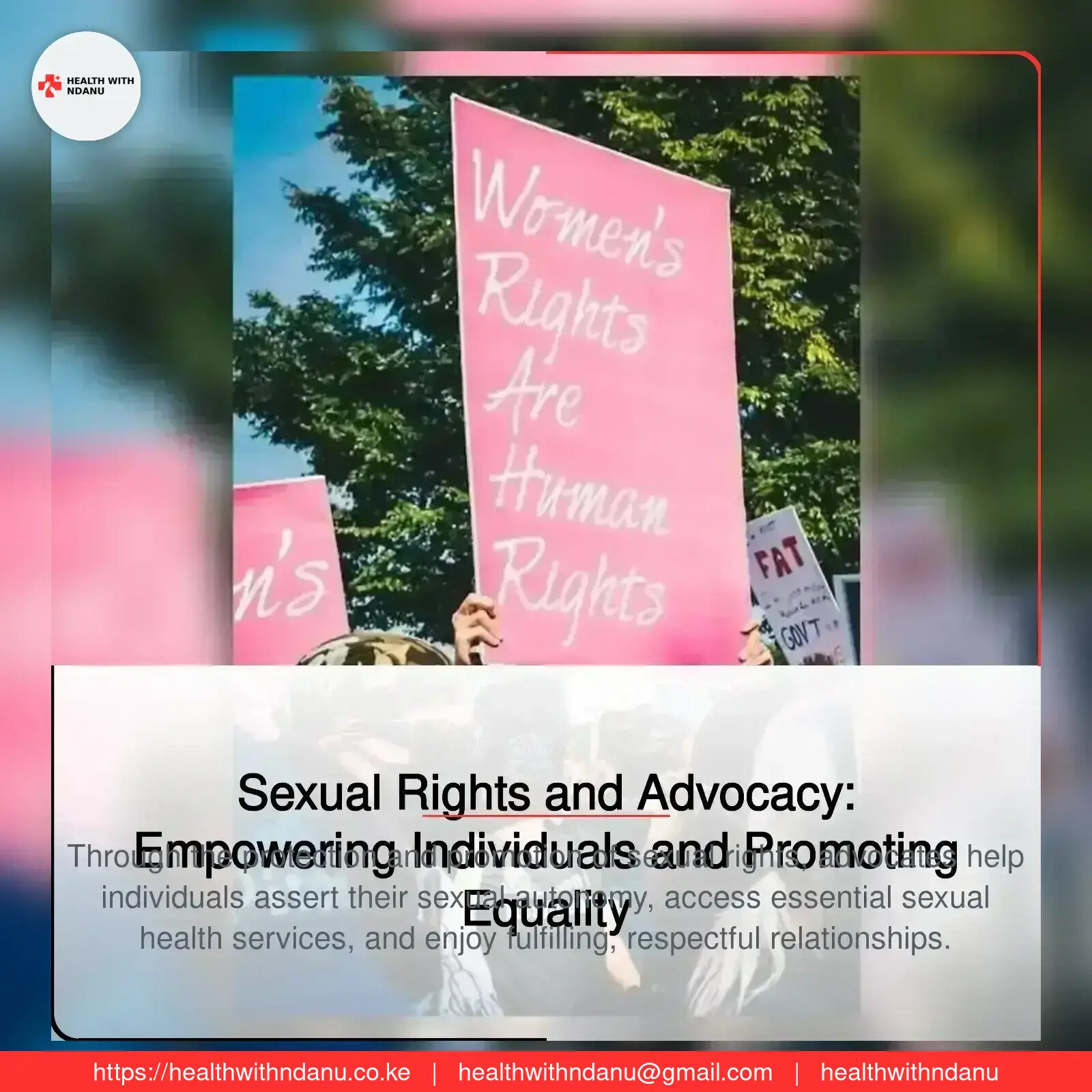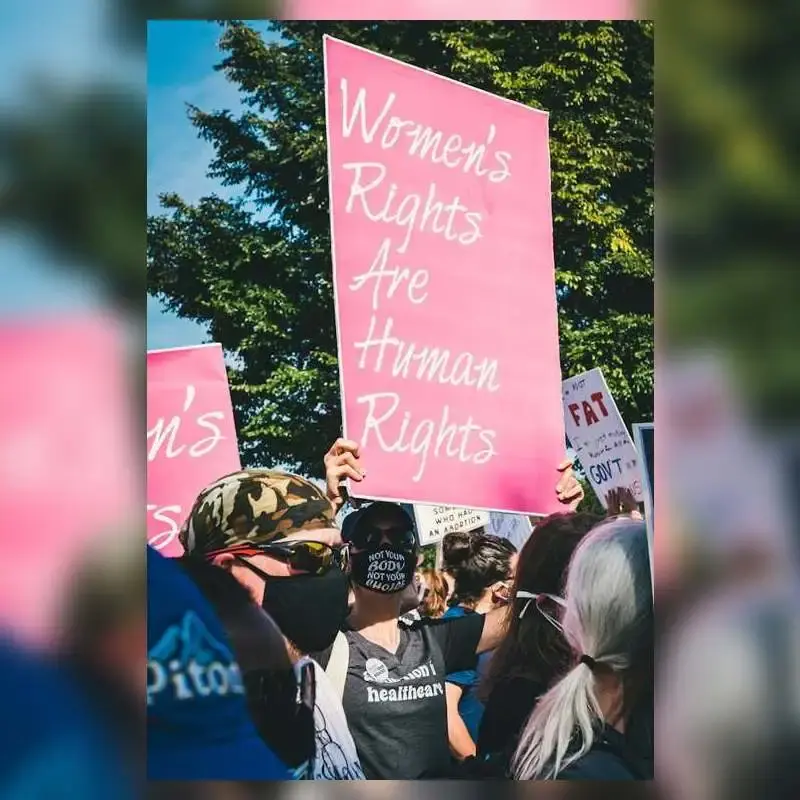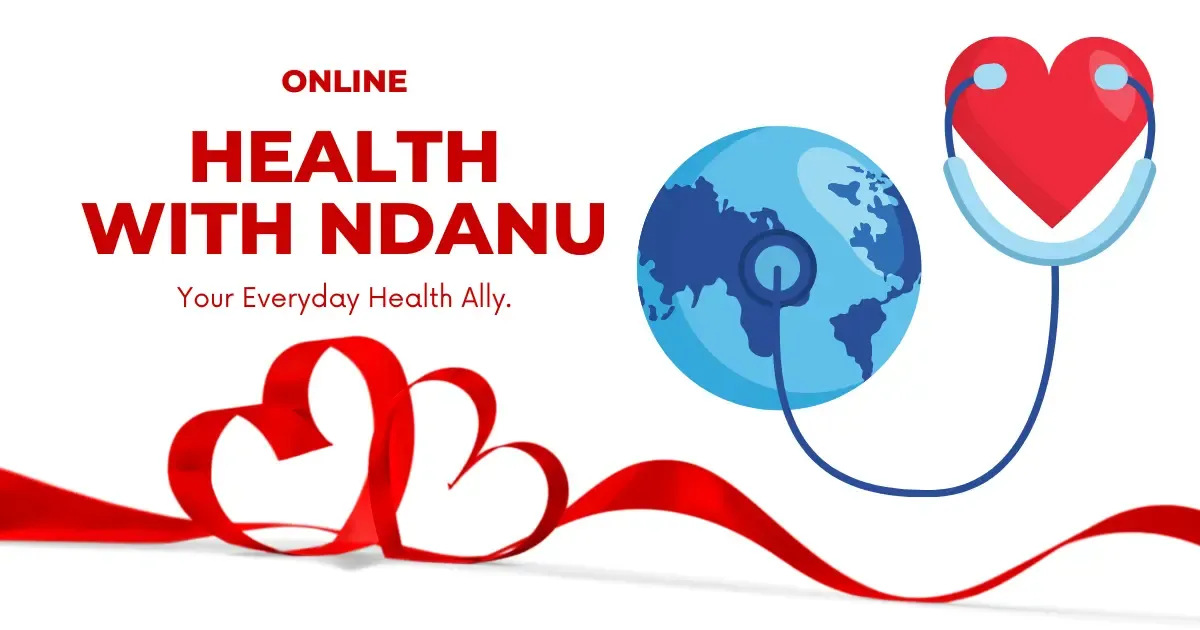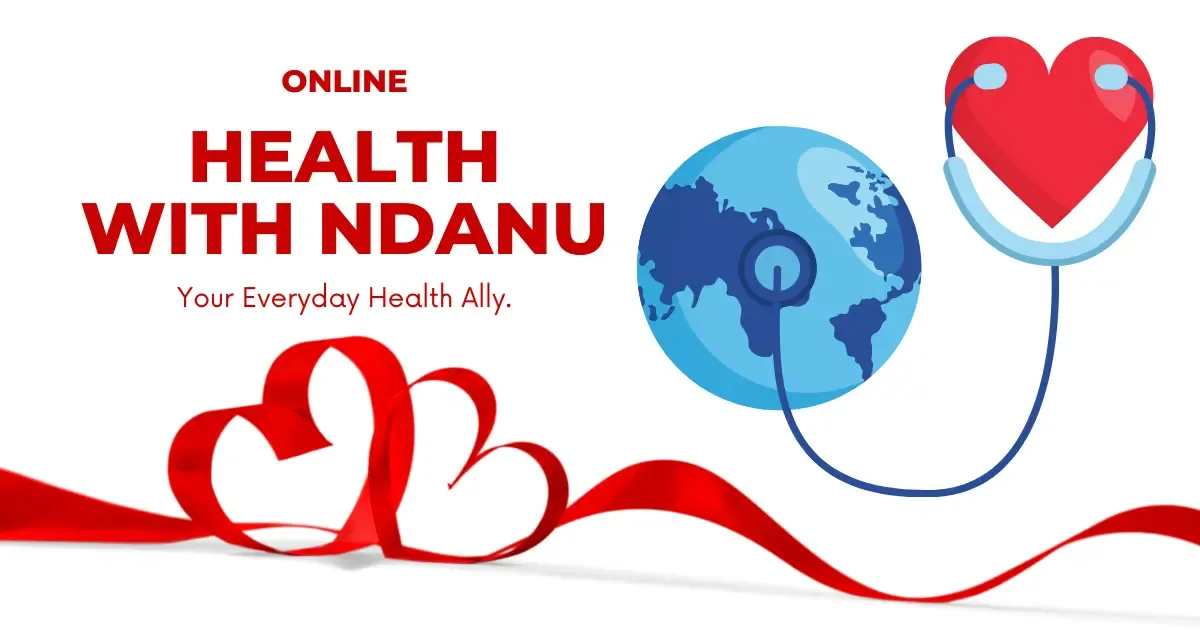Sexual Rights and Advocacy: Empowering Individuals and Promoting Equality
- by Diana Ndanu
- 06 December, 2024
- 0 Comments
- 8 Mins



Introduction
Sexual rights are an essential aspect of human dignity, autonomy, and equality. These rights enable individuals to make informed, respectful, and consensual decisions about their sexual health, relationships, and overall well-being. Sexual rights and advocacy efforts work to protect these freedoms, challenge discrimination, and promote sexual health for everyone, regardless of gender, sexual orientation, or cultural background. This article delves into the importance of sexual rights, the role of advocacy in ensuring these rights are upheld, and how we can foster a society that respects sexual autonomy for all.
What Are Sexual Rights?
Sexual rights are a set of human rights that relate to individuals' ability to express their sexuality freely and safely, without facing discrimination or coercion. They are part of a broader human rights framework and include access to sexual health education, services, and information. Sexual rights also protect individuals from sexual violence and exploitation.
Key components of sexual rights include:
- Right to Sexual Autonomy: Every individual has the right to make decisions about their body and sexual life, including choosing if, when, and with whom they engage in sexual activity. This includes freedom from coercion, violence, and discrimination.
- Right to Access Comprehensive Sexual Education: Sexual education is critical in promoting healthy sexual behaviors and providing information on reproductive health, contraception, sexually transmitted infections (STIs), and safe sexual practices.
- Right to Health and Well-being: People have the right to access sexual and reproductive health services, such as family planning, STI testing, and HIV prevention. These services help ensure individuals can protect their health and make informed choices about their sexual lives.
- Right to Gender Equality and Non-Discrimination: Sexual rights are intrinsically linked to gender equality. Everyone, regardless of gender or sexual orientation, should have equal access to sexual health services and the ability to express their sexuality without fear of discrimination or persecution.
- Right to Protection from Sexual Violence: Every individual has the right to be free from sexual violence, abuse, and exploitation. This includes laws and policies that protect individuals from rape, sexual harassment, trafficking, and other forms of gender-based violence.
The Role of Sexual Rights Advocacy
Sexual rights advocacy is a critical force in promoting and protecting individuals' sexual rights. Advocates work to raise awareness, change policies, and provide resources to ensure that everyone can exercise their sexual autonomy. Sexual rights advocacy is essential in addressing issues such as gender-based violence, access to sexual education, and reproductive rights.
1. Raising Awareness about Sexual Rights
One of the primary roles of sexual rights advocacy is raising awareness about the importance of sexual rights and the need to protect them. Advocacy groups work to educate the public, policymakers, and other stakeholders about the human right to sexual autonomy, the impact of discrimination, and the barriers individuals face in accessing sexual health services.
For example, campaigns that promote consent education and challenge harmful cultural norms around gender roles can empower individuals to assert their sexual rights and demand respect for their personal boundaries. Similarly, education about sexual orientation and gender identity can help reduce stigma and promote acceptance of diverse sexual expressions.
2. Influencing Policy and Legislation
Advocacy groups also play a crucial role in shaping policies and laws that affect sexual rights. In many countries, legal frameworks around sexual health, reproductive rights, and gender equality still fall short of protecting individuals’ rights. Advocacy ensures that laws are created or amended to reflect human rights principles, promote equality, and protect against discrimination.
For instance, sexual rights advocates often campaign for laws that improve access to contraceptive methods, safe abortion, HIV prevention services, and gender-based violence protections. In many cases, advocates have pushed for the decriminalization of homosexuality, marriage equality, and policies that guarantee equal rights to sexual health services for marginalized communities.
3. Empowering Marginalized Communities
Sexual rights advocacy helps ensure that all communities, including marginalized and vulnerable groups, have access to the resources and protections they need. LGBTQ+ individuals, women, sex workers, and people living with HIV/AIDS often face systemic discrimination and barriers to accessing sexual health services.
Advocates work to address these inequalities by providing tailored support to these communities and promoting inclusive policies that protect their sexual rights. For example, LGBTQ+ advocacy groups may work to ensure equal access to healthcare and legal protections, while women’s rights organizations may advocate for improved reproductive health services and protection from gender-based violence.
4. Combating Gender-Based Violence
Sexual rights advocacy also plays a pivotal role in addressing gender-based violence (GBV). GBV encompasses a range of harmful behaviors, including sexual harassment, domestic violence, human trafficking, and rape. Advocacy groups work to prevent and respond to GBV by educating the public, supporting survivors, and lobbying for stronger laws and protections.
By advocating for comprehensive laws that address sexual violence and harassment and pushing for gender-sensitive training for law enforcement and healthcare providers, sexual rights advocates help reduce the prevalence of GBV. Furthermore, they work to ensure that survivors of GBV have access to the support, care, and justice they deserve.
Key Challenges in Sexual Rights Advocacy
Despite the progress made in recent years, numerous challenges still exist in the fight for sexual rights. These challenges hinder efforts to protect and promote sexual autonomy, particularly in certain cultural, legal, and economic contexts.
1. Cultural and Religious Barriers
Cultural and religious beliefs play a significant role in shaping attitudes toward sexuality, often leading to the stigmatization of certain sexual behaviors, identities, or health needs. In many societies, discussions about sexual rights, contraception, and LGBTQ+ issues remain taboo. These cultural barriers can prevent individuals from seeking sexual health services, asserting their sexual rights, or receiving accurate information.
Sexual rights advocacy must therefore include efforts to change harmful cultural attitudes and ensure that people have access to unbiased, evidence-based education about sexual health and rights.
2. Legal and Political Constraints
In many countries, laws that protect sexual rights are either weak or nonexistent. For instance, there may be restrictions on access to abortion, contraceptive methods, or comprehensive sexual education. Additionally, laws that criminalize same-sex relationships or gender expression can hinder individuals' ability to live freely and safely.
Advocates often face significant challenges in trying to change these laws, especially in regions where conservative political or religious leaders hold significant influence. Sexual rights advocacy, therefore, must continue to push for legal reforms that uphold fundamental human rights and ensure equitable access to sexual health services for all.
3. Lack of Access to Comprehensive Sexual Education
In many parts of the world, sexual education is either limited or nonexistent. Comprehensive sexual education (CSE) is essential for equipping individuals with the knowledge and skills they need to make informed decisions about their sexual health and relationships. Without CSE, people may be more vulnerable to misinformation, unintended pregnancies, and sexually transmitted infections.
Sexual rights advocacy emphasizes the importance of CSE as a tool for empowering individuals to make healthy, responsible choices. Advocates call for governments and educational systems to prioritize inclusive, comprehensive sexual education that covers topics such as consent, sexual health, contraception, and LGBTQ+ issues.
Steps Toward Achieving Sexual Rights for All
Advancing sexual rights and ensuring their protection requires a collective effort from individuals, organizations, and governments. Several steps can be taken to promote sexual rights and advocacy, including:
- Legal Reforms: Governments should pass and enforce laws that protect sexual rights, ensure equal access to healthcare, and guarantee protection from sexual violence. These laws should be inclusive and sensitive to the needs of all communities, including women, LGBTQ+ individuals, and marginalized groups.
- Inclusive Education: Comprehensive sexual education should be provided at all levels of education to ensure that individuals are equipped with the knowledge they need to make informed choices about their sexual health and relationships. This education should be inclusive of diverse sexual orientations, gender identities, and cultural backgrounds.
- Public Awareness Campaigns: Advocacy groups and policymakers must continue to raise awareness about the importance of sexual rights and the need for equitable access to sexual health services. Public campaigns can help challenge stigma and encourage open discussions about sexual health and well-being.
- Empowering Communities: Sexual rights advocacy must empower marginalized communities by providing tailored resources, legal support, and advocacy. This includes ensuring that vulnerable groups, such as LGBTQ+ individuals, women, and sex workers, have access to the support they need to assert their sexual rights.
Conclusion
Sexual rights and advocacy are fundamental to ensuring that individuals can lead healthy, autonomous lives free from discrimination and violence. Through the protection and promotion of sexual rights, advocates help individuals assert their sexual autonomy, access essential sexual health services, and enjoy fulfilling, respectful relationships. By raising awareness, influencing policy, and empowering marginalized communities, sexual rights advocacy is paving the way for a more equitable and just world.
Got Your Own Experience? Share with us
Kategoria Maarufu
Blogu Zinazotembelewa Zaidi
Daily Newsletter
Get all the top stories from Blogs to keep track.



